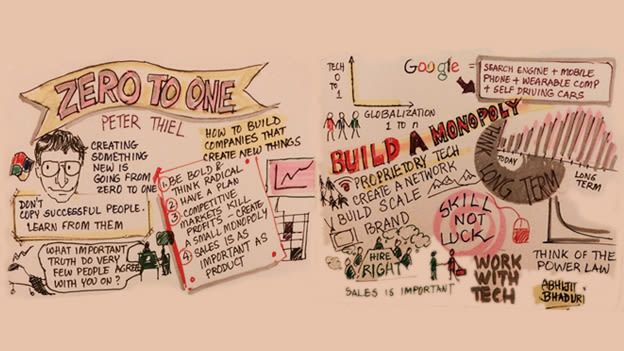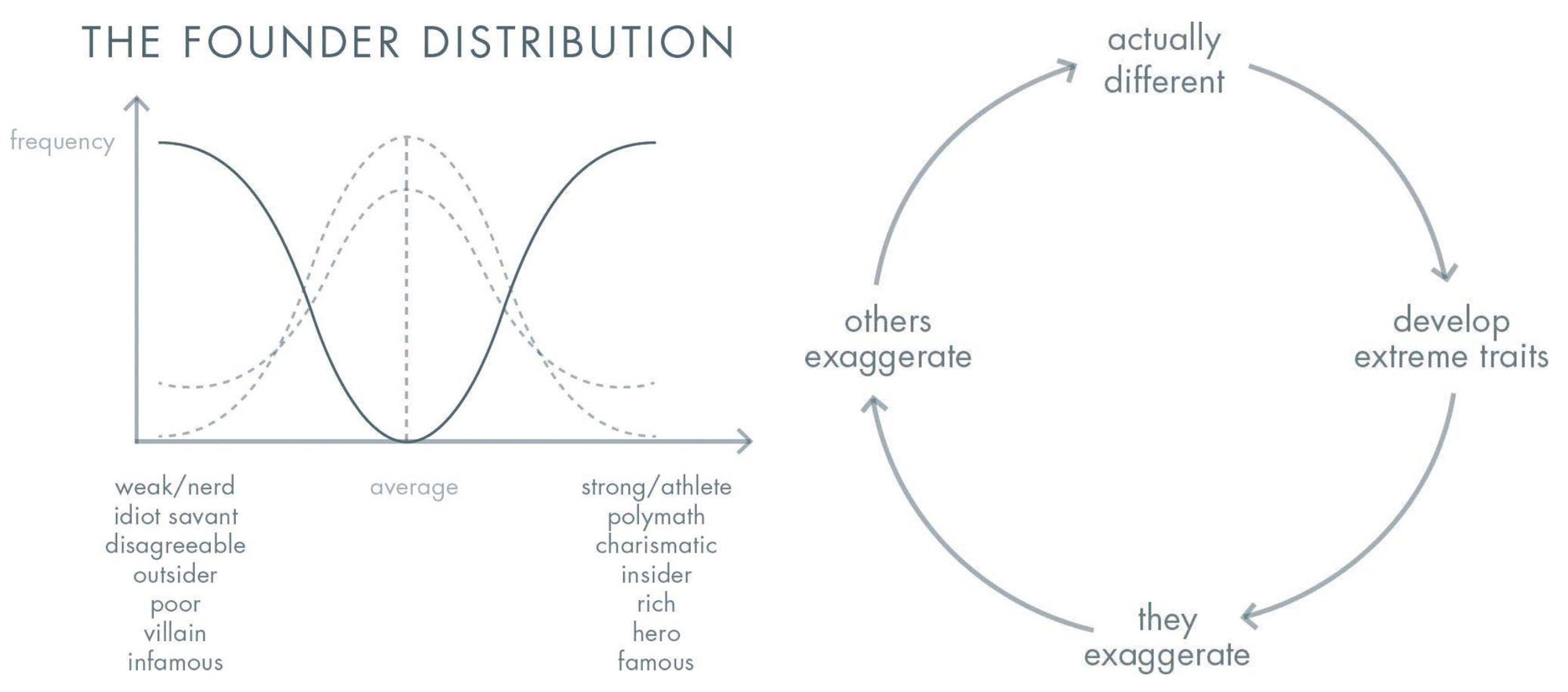Zero To One: The People Question

This note is a part of a series that presents ideas from the book, Zero To One, where I have shared seven questions that all startups must answer. In this note, we open up the third question in Thiel's list: The People Question.
The People Question - Do you have the right team?
The people question is a fundamental question for a successful startup because getting together the right blend of people is critical to the success of a startup. Thiel builds a clear narrative that any successful startup is fundamentally the largest group of people believing in a common mission.
Ownership, Possession, and Control Segregation
Thiel states that a startup is the largest group of people you can gather who believe in a common mission. Essentially, it should be clear that money is only a side benefit of the mission and a startup is not centrally about making money. Misalignment of goals kills a startup even before it is born and hence it is very important to get the right blend of people when you are headed towards the mission. To anticipate the sources of such misalignments in the mission it is important to think in terms of three kinds of people.
- Ownership: Who are the people who essentially own the company? These are the people who invest resources into the mission.
- Possession: Who are the people who run the company? The managers essentially run the company and hence have a stake in progressing towards the common mission.
- Control: Who are the people who control the direction? The board of directors essentially controls the direction of work of the company and put the work of managers in the broader context of the mission.
This division helps you understand which part of an organization is fundamentally misaligned with the mission and hence can help you identify how and when can misalignments creep in. For instance, the CEO of a large company might have a very small stake in the company but have a bigger bonus attached to yearly performance. Hence, he might start sacrificing long-term vision for short-term growth. It is hence important to identify such sources of misalignment and keep a company aligned at all times.
The Cult-Consultant Axis
Thiel believes that there is an axis in terms of people’s involvement in a company. There are essentially consultants who fluidly work on one mission and the other juggling between missions every two-three months. These people are essentially only committed to earning and not committed to any mission on its own. On the other hand, there are cults that sacrifice their families and only spend their life with a particular set of people directed towards a common mission. This generates a sense of belonging and orientation towards the common mission among the cult. Thiel believes that people in successful startups tend towards being a cult rather than a consultant and that is what leads them to success in their mission.
The Nerd-Salesman Juxtaposition
Nerds often feel that they are the crux of the business because salespeople won’t be able to sell anything if the nerds do not build a product to sell. Sales and business people in general often think that nerds are replaceable and can always be hired to build what they need to sell. Both happily live in their own bubble and salespeople often let the nerd bubble prevail as long as nerds do as told.
Nerds need to start realizing that sales are not easy and takes effort. For successful entrepreneurship, it is equally important to build a tech company not just around nerds but also around good salespeople.
The Founder Paradox

In the last chapter of the book, Thiel tries to write about the role of founders in the success of a startup. Thiel starts by pointing out that more often than not founders have rare and uncommon traits but also sometimes they might be a combination of contradicting traits. For instance, founders might be rich (on paper value) and poor (in cash) at the same time. Thiel also points out that these eccentricities and extremes are sometimes true and are sometimes exaggerated by themselves and others. Thiel says that the lesson for businesses is that they should be more tolerant of these eccentricities if they want to go past incremental improvements. Also, the lesson for founders is that while they enjoy the veneration and respect, they might slip into delusion about their own self-sufficiency and fail to understand that their potential can only be realized with the help of a team.
In the next note, we will address the distribution question.
